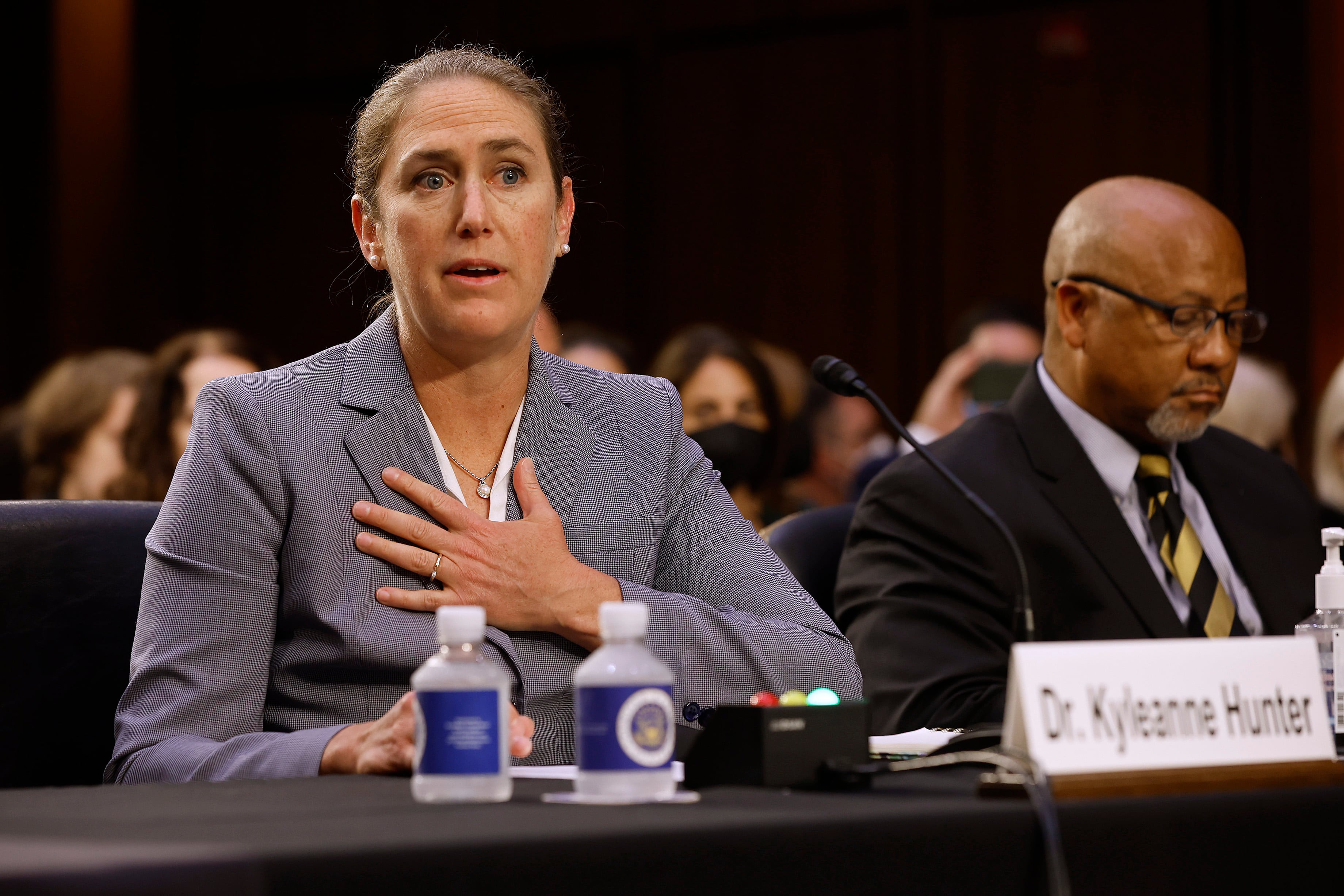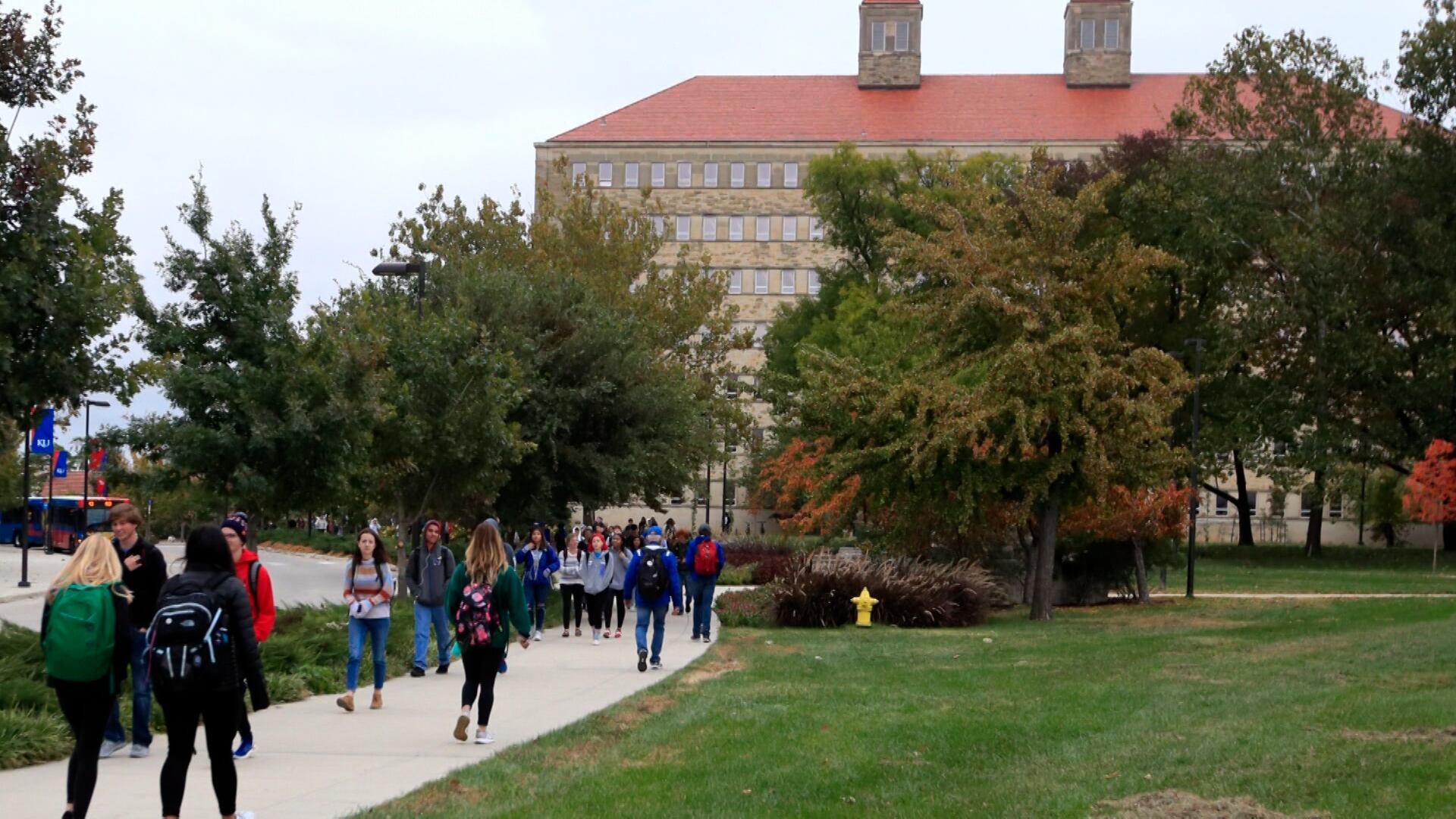The redactions in the Air Force Academy's inspection into its athletic department are concerning, and contrary to the Obama administration's professed desire to increase openness, said an investigator with the watchdog group Project on Government Oversight.
POGO investigator Michael Smallberg said the Air Force's frequent use of so-called (b)5 exemptions – justifying redactions on the grounds that they contained "pre-decisional, deliberative process privileged information" – in this report is particularly concerning. The report's redactions include each of a dozen recommended improvement areas, along with other findings.
"If we don't even know what the IG recommended, it's hard to know whether the academy took all the necessary steps to address these problems," Smallberg said. "At the beginning of the Obama administration, [the Justice Department] issued guidance to all agencies, calling for [Freedom of Information Act] offices to operate with the presumption of openness, and said (b)5 is the best area for increased discretionary release. It sounds like this report kind of flies in the face of that guidance."
Academy spokesman Lt. Col. Brus Vidal said that the report was not the academy's to release. He said that because Academy Superintendent Lt. Gen. Michelle Johnson recognized the uniqueness of the academy's athletic department and the public interest, she pushed the Air Force's main inspector general office for permission to publicly release more information than is typically released from such inspections.
"Had she not asked that question, we would have released a lot less than what we included, as far as specifics," Vidal said. "These reports typically are a tool for the commander, and are not generally releasable. The IG provides them to the commander at any given installation to better understand the climate, culture, command climate and areas of strength and areas that need improvement."
In a March 20 press conference, Johnson said that sections were redacted to protect the privacy of people in small organizations that were airing their concerns.
"We're trying to protect the privacy of people who have made very forthright comments about their concerns," Johnson said. "By looking at those responses, it would have revealed [them] right away. In small organizations, with less than 50 people, you would know exactly who said what."
Johnson also said that the Air Force's main IG office will begin conducting its own review of the academy in April, following up on the school's self-inspections such as the one on the athletic department.
The Air Force declined to release additional information on the report's contents. Air Force Times has filed an appeal to the FOIA response.
"Especially given the public attention to the problems at the academy … it sounds like there is a heightened need for transparency and accountability," Smallberg said. "This sounds like a classic example of a report crying out for more disclosure."
Stephen Losey is the air warfare reporter for Defense News. He previously covered leadership and personnel issues at Air Force Times, and the Pentagon, special operations and air warfare at Military.com. He has traveled to the Middle East to cover U.S. Air Force operations.





